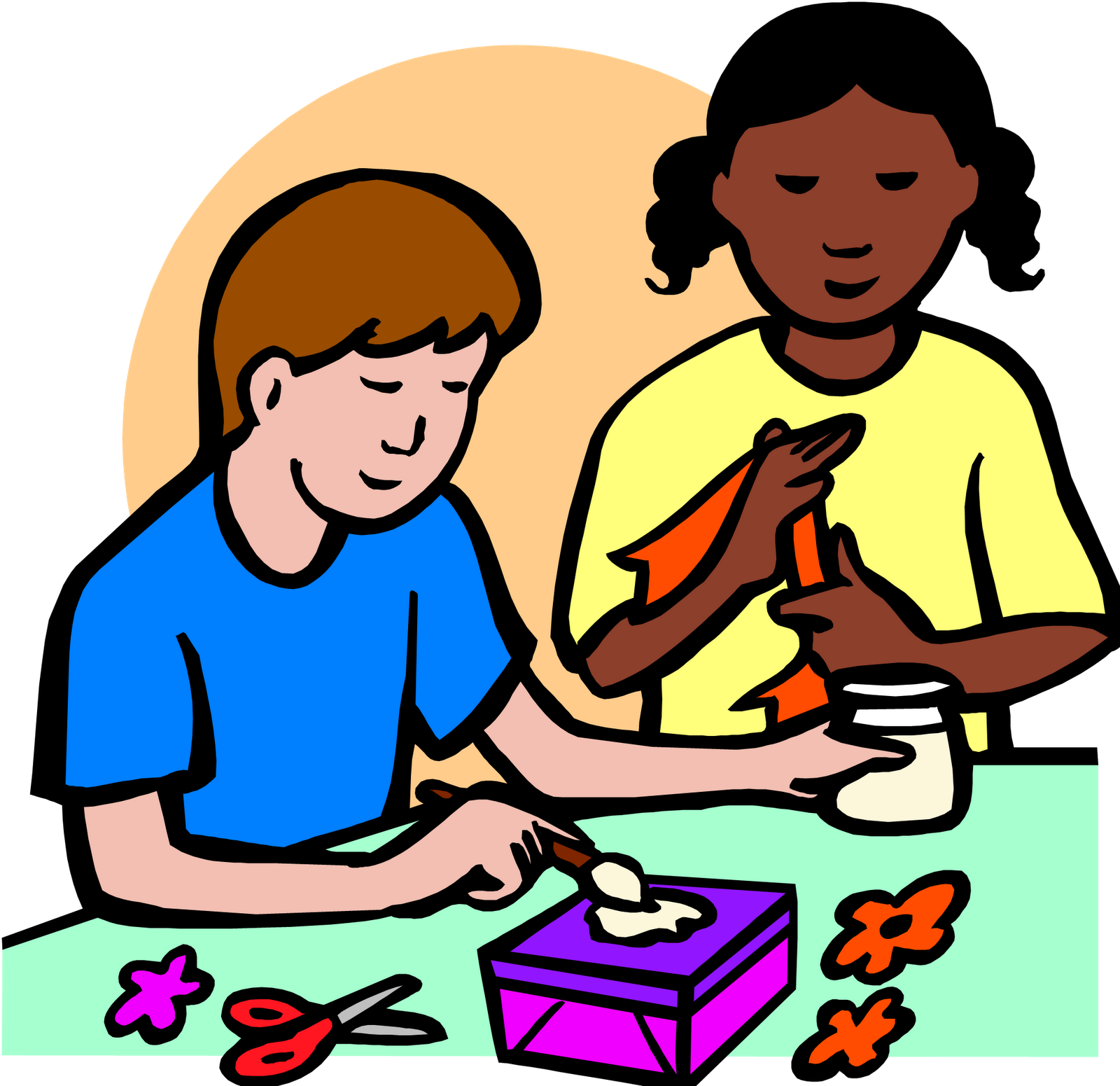Transform Your Life and Finances: Embracing Substance-Free and Zero Waste Living
Introduction: Reimagining Wellness and Wealth
Choosing a substance-free lifestyle while embracing a zero waste approach offers profound benefits for your health, relationships, and finances. This article details how you can thrive by eliminating harmful substances and unnecessary waste, with actionable strategies and reliable guidance for every step of your journey.
The Health and Happiness of Substance-Free Living
Living substance-free means freeing yourself from the physical and mental toll of addictive substances. This change delivers measurable improvements to your body, mind, and social life:
Physical Health: Abstaining from substances allows your body to heal, reducing risks for cardiovascular issues, infections, and chronic diseases. Many people report better sleep, normalized weight, brighter skin, and more energy within weeks or months of quitting [1] . Mental Clarity: Drug and alcohol use often leads to memory problems, anxiety, and depression. Recovery restores mental balance, enhances focus, and builds resilience against stressors [3] . Emotional Stability: As your moods stabilize and emotional connections deepen, relationships with loved ones often heal and grow stronger. Sober living allows authentic self-expression and more meaningful communication [3] . Self-Esteem and Confidence: Overcoming reliance on substances boosts self-worth and confidence, opening doors to self-discovery and personal growth [2] .
Financial Benefits: Substance-Free Living Saves Money
Beyond health, quitting substances delivers direct financial rewards. Americans spend billions each year on drugs and alcohol, draining resources from other life goals. By redirecting these funds, you can:
Increase Savings: The money previously spent on substances can now support savings, investments, or experiences that enrich your life. Improve Quality of Life: Savings can be allocated to hobbies, travel, education, or wellness activities-reigniting passions once lost to addiction [2] .
Practical steps for financial recovery include:
- Track your former substance-related expenses using budgeting tools or apps.
- Set monthly savings goals based on your new budget.
- Seek financial counseling if needed-many local organizations offer free or low-cost services.
For guidance, you can search for “financial counseling services” through trusted organizations such as the National Foundation for Credit Counseling (NFCC) or contact your local bank for referrals.
Strengthening Relationships Through Sobriety
Substance-free living enables you to nurture deeper relationships-whether with family, friends, or your community. Enhanced communication and emotional connection replace the isolation and instability caused by substance use [3] . Positive role modeling also encourages loved ones to pursue healthier choices.
To build stronger relationships:
- Dedicate time to shared activities, such as cooking, exercising, or learning together.
- Join support groups for accountability and encouragement. Many are accessible via local community centers or national organizations such as Alcoholics Anonymous and Narcotics Anonymous, which maintain verified websites and hotlines.
- Practice honest, open communication and seek professional help if relationships remain strained.
Zero Waste Living: How It Supports Financial Wellness
A zero waste lifestyle complements substance-free living by promoting sustainability and saving money through mindful consumption. The core principle is to reduce, reuse, and recycle-minimizing waste and maximizing resources.
Direct Money Savings: By buying less, choosing reusable products, and repairing items instead of replacing them, you can significantly reduce household expenses. For example, swapping disposable water bottles for a reusable one can save hundreds of dollars per year . Lower Utility Costs: Reducing food and product waste means less trash, which can lower garbage collection fees and utility bills in many cities. Healthier Choices: Zero waste often means preparing meals from scratch, avoiding processed foods packaged in single-use plastics. This not only reduces waste but also supports better nutrition.
Implementing Zero Waste: Step-by-Step Guidance
- Start with a waste audit: Track what you throw away for one week to identify areas for improvement.
- Switch to reusable alternatives: Use cloth shopping bags, stainless steel water bottles, and glass food containers.
- Repair, repurpose, or donate items rather than discarding them.
- Compost food scraps to reduce landfill waste and create nutrient-rich soil for gardens.
- Buy in bulk to reduce packaging waste and save money over time.
For more tips, you can visit the Environmental Protection Agency’s official recycling and waste reduction resource at .

Source: vectorstock.com
Overcoming Challenges and Finding Support
Transitioning to a substance-free, zero waste lifestyle can be challenging, especially in the face of stress, social pressures, or ingrained habits. Solutions include:
- Adopting stress management techniques such as mindfulness, exercise, and healthy hobbies [5] .
- Seeking emotional support from loved ones, support groups, or professional counselors.
- Celebrating small victories and tracking progress to stay motivated.
- Learning to say “no” to negative influences and identifying triggers for relapse or wasteful habits.
If you experience setbacks, remember that recovery and sustainability are ongoing journeys. Many organizations and professionals offer help-search for “substance abuse counseling” or “zero waste workshops” in your area for available programs.
Alternative Approaches for Lasting Change
Every journey is unique. If traditional pathways don’t suit you, there are alternatives:

Source: pinterest.com
- Explore holistic health practices such as yoga, meditation, and nutrition coaching.
- Engage in online communities dedicated to sobriety and zero waste living, such as Reddit and Facebook groups.
- Consider telehealth options for counseling and support if in-person meetings are inaccessible.
For those pursuing zero waste, local co-ops and farmers markets often have resources and workshops. For sobriety support, accredited online therapy platforms and national helplines are available.
Key Takeaways: Building a Vibrant, Sustainable Future
Embracing a substance-free lifestyle and zero waste habits delivers lasting improvements in health, relationships, and finances. You can:
- Heal physically and mentally by quitting harmful substances.
- Save money and reduce expenses through mindful consumption.
- Build deeper relationships and become a positive role model.
- Support a healthier planet while improving your own well-being.
To get started, track your spending, audit household waste, connect with support networks, and seek out reliable resources for expert guidance. Progress may be gradual, but every step helps build a more fulfilling, sustainable life.
References
- [1] Michael’s House (2024). Benefits of Living Substance-Free.
- [2] Pride Detox (2025). Top 10 Benefits of Living Substance-Free.
- [3] Spirit Mountain Recovery (2024). Benefits of a Drug-Free Lifestyle.
- [4] La Fuente Hollywood (2023). 10 Benefits of Living a Drug-Free Lifestyle.
- [5] Gateway Foundation (2024). Tips for Staying Drug Free.
- EPA (2025). Recycling and Waste Reduction.



